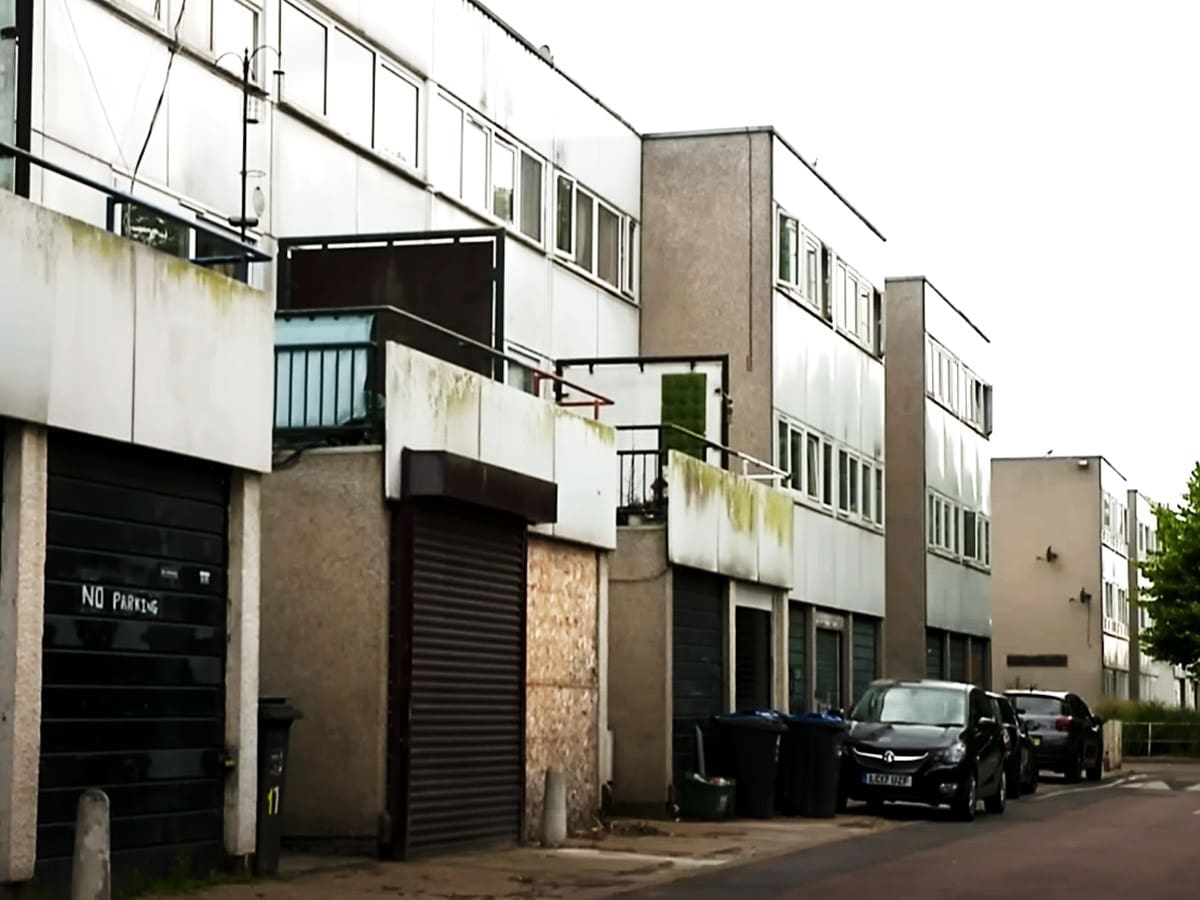A new report from the Joseph Rowntree Foundation (JRF) shows that the public are footing the bill for poor-quality private rent homes in some of England’s most poverty-stricken towns. Blackpool and Hartlepool top the list – with a third of all private rents being paid for by housing benefit.
Housing benefit: propping up rogue landlords
The JRF’s new analysis has found that:
- Over £1 in every £3 of private rent in Blackpool and Hartlepool is paid for with housing benefit.
- Around £1 in every £4 of private rent is paid for with housing benefit in Hull, Great Yarmouth, Hastings, Oldham, Wolverhampton, Bradford, and Sunderland.
- The majority (70%) of local authorities with below average private rents have a greater share of private rented homes that are more non-decent than average (23%).
The towns spotlighted in JRF’s new report follow this pattern, with close to a third or higher of private rented properties categorised as ‘non-decent’ in some local authorities. A home is non-decent if any of the following apply – that it:
- Does not meet the basic legal health and safety standards for housing.
- Is not in a reasonable state of repair.
- Does not have reasonably modern facilities and services.
- Has insulation or heating that is not effective.
There has been a rapid expansion of the private rented sector in coastal and ex-industrial towns across England. Enticed by lower house prices and higher rental yields, private landlords have bought up homes which are being let out to tenants in poor or even dangerous condition.
Subsidising poor-quality housing
Housing benefit is paid to low-income or non-working tenants to help them with their housing costs. In the towns like those JRF highlights, this money is being used to subsidise poor-quality housing. A lack of social housing leaves low-income tenants with no choice but to live in these poorly maintained private rented homes that could pose serious risks to their health.
The report also finds that in over one in ten local authorities over £1 in every £20 spent in total is spent on temporary accommodation. As demand for temporary accommodation has soared there has been a dramatic rise in private companies renting poor-quality homes to local authorities by the night at a significant premium.
This can cost councils up to five times more than similar homes that are local authority owned and is pushing some councils to financial breaking point.
JRF is arguing that bringing private homes into social ownership can make high-cost temporary accommodation cheaper, drive up housing standards in lower-cost areas and make applicable local housing markets more equitable overall.
Housing benefit for social housing
This could be achieved by:
- Supporting local councils to buy existing homes to let as better-quality and less expensive temporary accommodation: for example, by extending the current Local Authority Housing Fund.
- Growing the community rented sector in lower-cost housing markets where homes are in poor condition and aren’t benefitting local communities.
- Reforming Right-to-Buy to stop social housing from being sold off and to keep subsidies in the system: for example, by allowing councils to keep 100% of Right-to-Buy receipts and capping the Right-to-Buy discount at 30%.
Darren Baxter, principal policy adviser at JRF, says:
Taxpayers and local councils shouldn’t be footing the bill for poor-quality properties owned by private landlords. Tenants on low incomes and homeless people living in temporary accommodation are also paying the price by being forced to live in poor-quality and even downright dangerous homes.
We need to get this dysfunctional system working again. Strategically bringing private homes back into social ownership is a rapid way to fix this crisis. Doing so would stop vast sums of public money paying for poor-quality homes and rebalance local housing markets towards more affordable homes.
Featured image via Vice – YouTube




